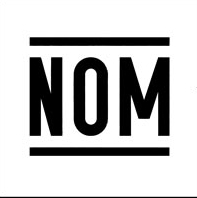This article may require cleanup to meet Wikipedia's quality standards. The specific problem is: Incomplete, lacking sources.(October 2017) |

The Norma Oficial Mexicana (Official Mexican Standard), abbreviated NOM, is the name of each of a series of official, compulsory standards and regulations for diverse activities in Mexico. They are more commonly referred to as NOMs or normas.
Contents
The standards are prepared by the Dirección General de Normas (DGN) (Directorate-General of Standards), which is the body representing Mexico in the International Organization for Standardization (ISO).